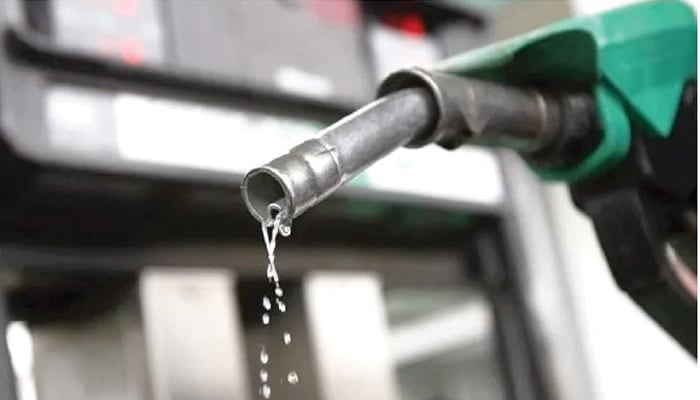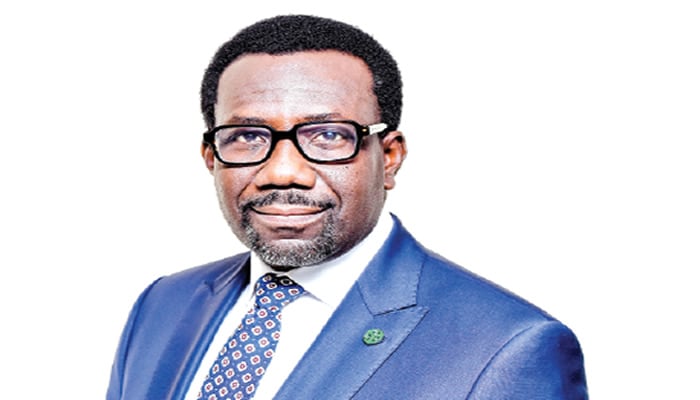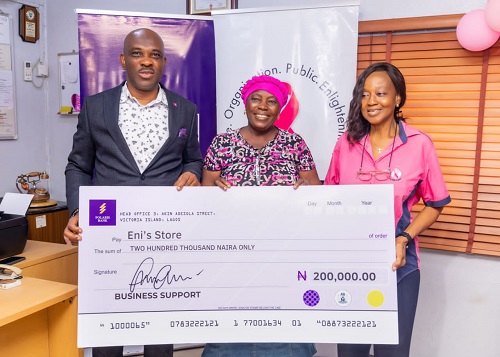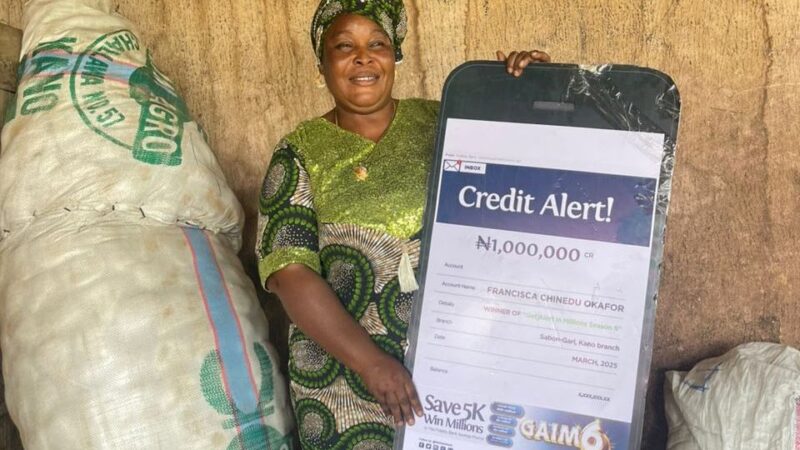Nigeria seeks fresh $500m W’Bank loan for education
 The Federal Government is discussing with the World Bank the possibility of securing a $500m loan to support basic education.
The Federal Government is discussing with the World Bank the possibility of securing a $500m loan to support basic education.
This is according to the Programme Information Document for the loan project obtained by PUNCH on Friday.
The loan is part of the World Bank’s HOPE for Quality Basic Education for All initiative, which aims to improve learning outcomes and address the challenges of out-of-school children.
Expected to receive formal approval by March 2025, the project is a key component of Nigeria’s efforts to reform its struggling education sector.
The PID revealed that the total cost of the operation is $554m. The World Bank will cover $500m, while the remaining $54m will be sourced from the Global Partnership for Education grant.
The document read, “The HOPE-Education operation will be financed by a World Bank IDA credit of $500m and a GPE grant of $54m. The bank has been selected as one of two grant agents (along with UNICEF that will manage the other $54m) for implementing the System Transformation Grant of $107.59m; programme design, oversight, and TA for implementation support will be aligned across both agents.”
The project aligns with the Universal Basic Education framework, focusing on expanding access to early childhood education, and primary, and junior secondary schooling.
The UBE programme addresses Nigeria’s critical educational deficits, including the alarming statistic that 17.1 million children aged 5-14 are out of school.
The project will also tackle disparities in enrolment, with northern regions lagging behind their southern counterparts.
Under the financing structure, the Federal Ministry of Finance will lead the implementation in partnership with the Federal Ministry of Education and the Universal Basic Education Commission.
The World Bank loan will primarily be deployed to improve teaching quality through training, support community-based schools, and provide grants for better management and infrastructure.
According to the PID, the programme’s overall goal is to enhance foundational literacy and numeracy skills among children while integrating data systems to monitor progress.
It also seeks to incentivise states through performance-linked grants to address local education challenges.
The financing model, known as Programme-for-Results, allows states flexibility in designing and implementing projects, provided they align with the operation’s objectives.
The HOPE initiative is part of the Nigerian government’s broader Human Capital Development strategy, which aims to build an educated and productive workforce by 2030.
The document highlighted that while Nigeria is Africa’s largest economy, over 40 per cent of its population still lives in poverty, with limited access to education being a significant constraint to growth.
With the loan’s approval slated for early 2025, the funds will complement existing interventions, including the National Home-Grown School Feeding Programme, to reduce the financial burden on parents and improve school attendance.
The initiative also aims to close gender gaps and increase enrolment among children in remote and underserved communities.
The document added, “The operation is one of three interdependent operations strategically positioned to address different challenges, but synergistically designed to address human development. HOPE-Governance focuses on increasing the availability and effectiveness of financing, enhancing transparency and accountability, and improving the recruitment, deployment, and performance management of workers in basic education and primary healthcare; while HOPE-Primary Health Care focuses on the quantity and quality of primary healthcare services.
“These two operations should support this proposed operation, HOPE-Basic Education, to achieve its objectives by ensuring increased financial allocations that are more equitably distributed and effectively managed; raising the preparedness of teachers, increasing their recruitment and improving their distribution and attendance; and enabling children to better participate in school through improved health and nutrition.”
On September 26, 2024, the World Bank approved $500m for HOPE-GOV and $570m for HOPE-PHC.







